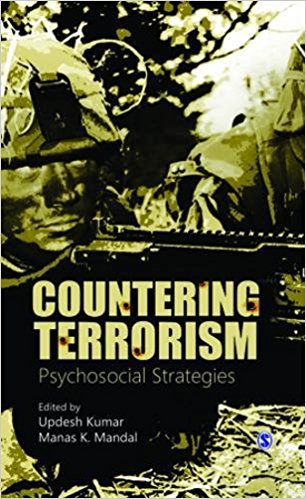Terrorism has traditionally presented states with a major security challenge. After 9/11, however, governments have become totally focused on this threat to national security for what they fear most is terrorist violence designed to achieve clearly defined political objectives like independence from central authority. Most local grievances, incidentally, have their roots in injustices by the state like denial of autonomy, insensitive or corrupt governance, suppression of dissent and so on. And, the time-honoured strategy adopted by national governments to deal with estranged groups is to isolate them politically, and neutralize them at leisure by a judicial mix of military and conciliatory means.
The rise of religious terrorism has however added greatly to the complexities of pursuing an effective counter-terrorism strategy. Dealing with groups fired by extreme fundamentalist beliefs is problematic. Some groups like the Aum Shinrikyo, for instance, are imbued with apocalyptic beliefs that they must destroy the world before building it anew in their image.

